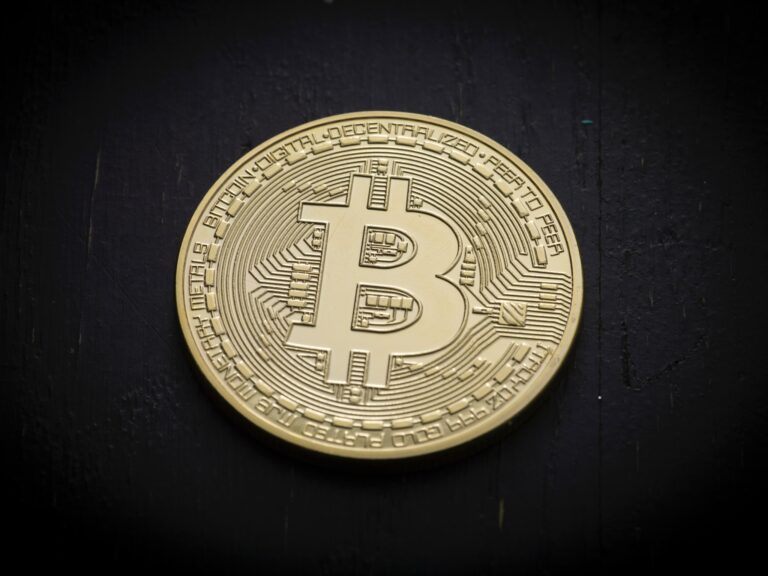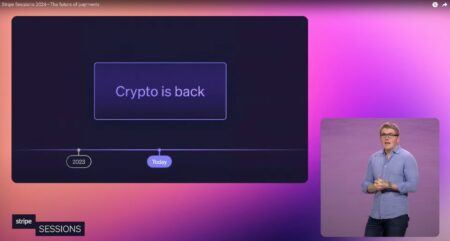With all the grand talk about the impacts of cryptocurrencies, as well as regulations and price action, it can be easy to forget that the first, Bitcoin, is living piece of software that is being constantly improved by hundreds of people.
The Bitcoin Core team released a major update to the preeminent cryptocurrency yesterday, version 0.17.0, as Bitcoin approaches its ten year anniversary the Bitcoin whitepaper was released in November 2008).
The release contains some exciting updates, making the core software more user friendly, slightly more private, and faster.
“Partial Spend Avoidance” is a privacy upgrade dealing with how bitcoins are spent. When enabled it allows a wallet to bundle the origin address of a transaction to that wallet, and obfuscate the origin addresses of previous wallets which have sent separate transactions to it — an important milestone for Bitcoin privacy.
The use of Hierarchical Deterministic (HD) wallets is now easier to incorporate into existing nodes. HD wallets are perhaps better known to lay users as seed phrases, which allow a wallet to be re-instantiated by use of a unique string of words, rather than the private key. The use of such seed phrases is widely in use in other crypto-assets, software and hardware wallets.
A more thorough coverage of the improvements can be found here, or in the release notes.
Bitcoin Core Problems
The Bitcoin Core software had been the subject of some controversy in the last month, as details emerged that two major bugs in Bitcoin’s software had been discovered and quickly squashed, even before full details of the scope of the bugs were publically released.
The discovery of both the bugs and the depth of the problems did not have a significant impact on the price of bitcoin.
Further down the road, Bitcoin Core developer John Newbery recently alluded to the future inclusion of Schnorr signatures into the Bitcoin software, which would offer “significant advantages” over the cryptocurrency’s current capabilities. Schnorr signatures would not only make the Bitcoin network more private, but also more space efficient for nodes to store and much faster to operate, as vastly fewer overall key signatures would be required for blocks to be validated by nodes.








